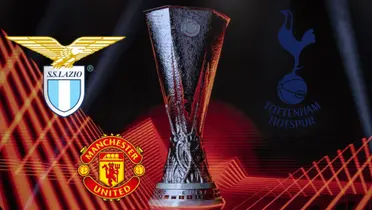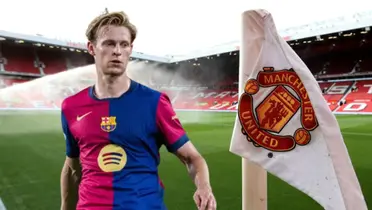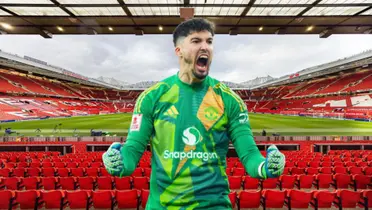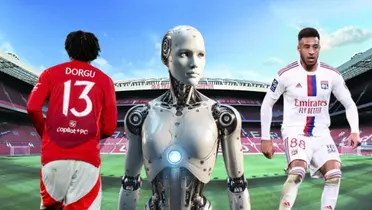What is the key to success?: Manchester United vs. Atlético de Madrid
Manchester United vs. Atlético de Madrid: An in-depth analysis of their business models

In the elite football universe, two clubs stand out for their divergent strategies: Manchester United, a commercial giant with a global brand, and Atlético de Madrid, a master in resource optimization and intelligent player sales. This analysis delves into their business models, revealing the keys to their success and the challenges they face.
The comparison between both clubs not only reveals differences in their financial approach but also in their playing philosophy and global presence. While Manchester United bets on big investments and a powerful brand, Atlético de Madrid focuses on sustainability and talent development.

Revenue and finances: A clash of economic giants
Manchester United stands as a financial colossus, with record revenues driven by global sponsorships and an iconic brand. Its model is based on the commercial exploitation of its image, generating enormous profits through sponsorship deals, television rights, and merchandise sales.
In contrast, Atlético de Madrid has built a solid economic model based on strategic player sales and maximizing competition revenue. Its focus is on identifying and developing young talents, who are then sold at high prices, generating significant capital gains.

Transfer strategies: Investment vs. intelligent sales
Manchester United has been known for its high-profile signings and large investments, seeking immediate impact on the field. However, this strategy has not always guaranteed sporting success, and the club has faced criticism for the lack of return on some of its investments.
Atlético de Madrid, on the other hand, has perfected the art of intelligent sales. Its focus is on discovering and developing young talents, then selling them at high prices. This strategy has allowed the club to maintain financial balance and compete at the highest level.

Global presence and brand: The power of sports marketing
Manchester United enjoys a globally recognized brand, with a massive fan base and innovative marketing strategies. Its social media presence and media reach are unparalleled, allowing it to generate huge revenues from sponsorships and merchandise.
Atlético de Madrid, although with a smaller global presence, has experienced significant growth in recent years. Its sporting successes and identity as a fighting club have attracted new fans and sponsors, driving its international expansion.
Sustainability and future: Which model will prevail?
Manchester United faces the challenge of balancing sporting success with financial sustainability. Its large investments and high salary bill make it vulnerable to sporting and economic cycles.
Atlético de Madrid, with a more solid and adaptable model, has the potential to continue growing in the European elite. Its focus on sustainability and talent development allows it to face future challenges with greater confidence.
- Manchester United prioritizes investing in big players for immediate success.
- Atlético de Madrid prioritizes player sales for a more balanced financial model.
- Manchester United has a large global brand.
- Atlético de Madrid has experienced significant growth in recent years.
Playing style and philosophy: The impact on the business model
Manchester United has built its reputation around an offensive and spectacular playing style, seeking to attract big stars and fans. However, this philosophy has not always guaranteed sporting success, and the club has faced criticism for the lack of balance in its game.
Atlético de Madrid, on the other hand, has adopted a solid and competitive team philosophy, prioritizing efficiency and collective performance. This approach has allowed the club to compete at the highest level, despite having fewer resources than other European giants.:
In short, both Manchester United and Atlético de Madrid have built successful business models, albeit with very different approaches. Manchester United bets on investment and global brand, while Atlético de Madrid focuses on sustainability and talent development. The future will tell which model will prevail in the competitive world of European football.
What you should know about the business model duel:
- Manchester United leads in commercial revenue, but Atlético de Madrid excels in strategic sales.
- Both clubs have different transfer strategies: investment vs. intelligent sales.
- Manchester United's global brand is its greatest asset, while Atlético de Madrid is growing rapidly.
- Playing style influences the business model: spectacle vs. efficiency.
- Financial sustainability is key to the future of both clubs.
More news

The Numbers Don't Lie: Casemiro's Dominance Returns
31/03/2025

United's Dream Pairing: The Duo Fans Are Eager to See
31/03/2025
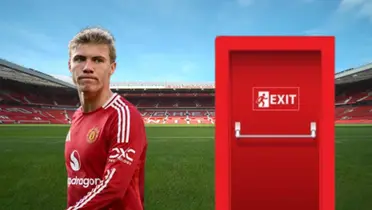
Hojlund's Fate: Will He Stay or Leave Man United?
31/03/2025
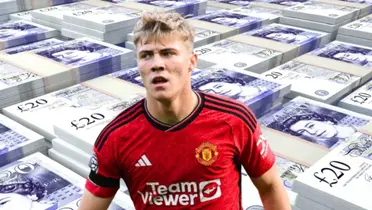
Højlund's Plummeting Value: A Cause for Concern at Man United
31/03/2025
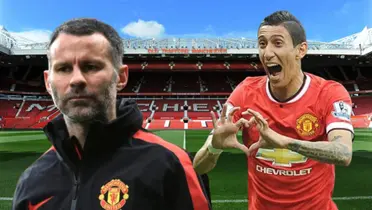
Giggs' Misjudgement: Depay's Free-Kick Hopes Fall Flat
31/03/2025
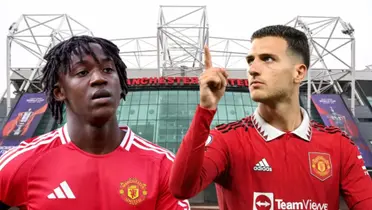
Man United's Summer Clearout: Players on the Chopping Block
31/03/2025
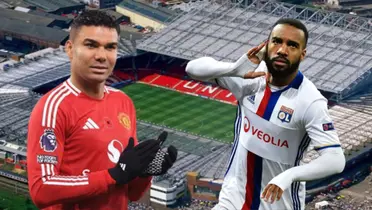
Financial Divide: Man United's Value Dwarfs Olympique Lyon's Squad Cost
30/03/2025
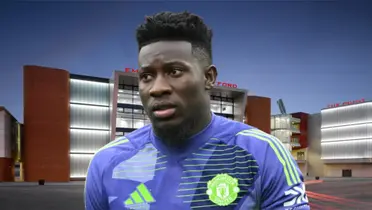
Onana Exit Rumors Swirl: How the Goalkeeper Is Responding
30/03/2025
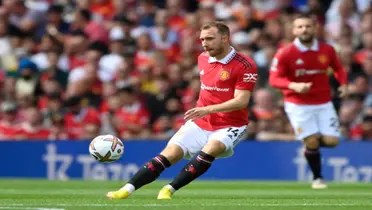
Eriksen breaks the silence about the rumors of not renewing
30/03/2025
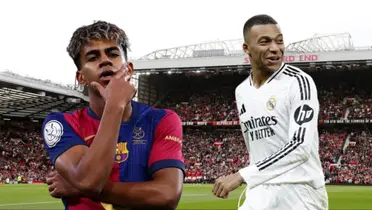
World-Class Player Available: Romano Reveals Transfer Bombshell
30/03/2025

Ugarte's Premier League Insight: Key Differences From Ligue 1 Revealed
30/03/2025
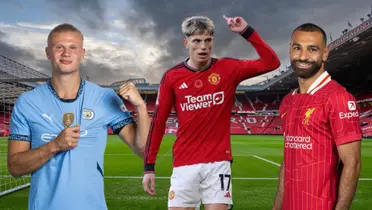
Garnacho Outshines Salah and Haaland: A Stunning Statistical Triumph
29/03/2025
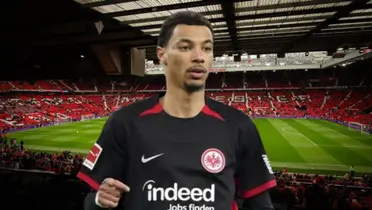
Ekitike's Staggering Stats: Why Man United Are Keen
29/03/2025
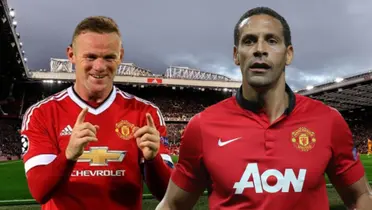
Beyond Legends: The United Player Who Rewrote Investment History
29/03/2025
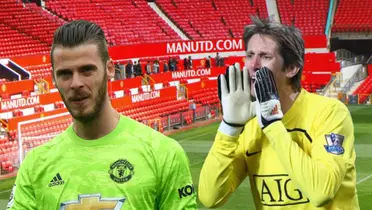
Manchester's Goalkeeping Giants: Who Reigns Supreme?
29/03/2025
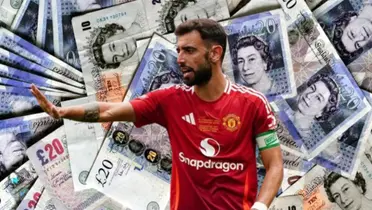
Fernandes' Fortune: Unveiling the Price Tag of United's Captain
29/03/2025
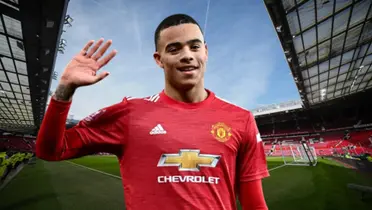
The Manchester United jewel that was rumoured for Barcelona ended up in an exotic league
29/03/2025

Father's Faith Pays Off: 100 Pound Bet on Son's United Debut
29/03/2025
